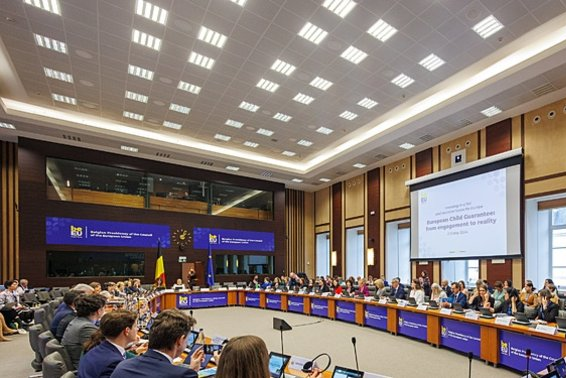The European Council adopted rules reforming the asylum and migration system following approval by the EU Parliament last month.
This establishes a set of rules that will help to manage arrivals in an orderly way, create efficient and uniform procedures and ensure fair burden sharing between member states.
The new rules “will make the European asylum system more effective and increase solidarity between member states,” the Council stated. Nicole de Moor, State Secretary for Asylum and Migration of Belgium said that “The European Union will also continue its close co-operation with third countries to tackle the root causes of irregular migration.”
The verification clause in the new pact will allow “irregular migrants and asylum applicants” to the appropriate procedure. It will also “make sure that identification, security and vulnerability checks and health assessments are carried out in a uniform way,” according to the statement.
The new rules regarding the updated Eurodac database will allow to gather more accurate and complete data (also biometric data) on various categories of migrants, including applicants for international protection and people arriving irregularly in the EU.
Moreover, the statement emphasises that the regulation of the return procedure at the border concerns the repatriation of persons with rejected applications under this border procedure. The new pact will furthermore determine “which member state is responsible for the examination of applications for international protection.”
The document introduces, for the first time, an equitable division of responsibility between member states.
The resettlement provision aims to create legal and safe routes into the EU by creating standardised rules on resettlement and humanitarian reception.
In order to better deal with situations of crisis (mass arrivals and instrumentalisation) and force majeure, member states can derogate from certain rules and request enhanced solidarity from other EU countries.
The Council stated that member states would have two years to put the laws into practice. Moreover, “the European Commission will soon present a common implementation plan to provide assistance to member states in this process,” the body added.
